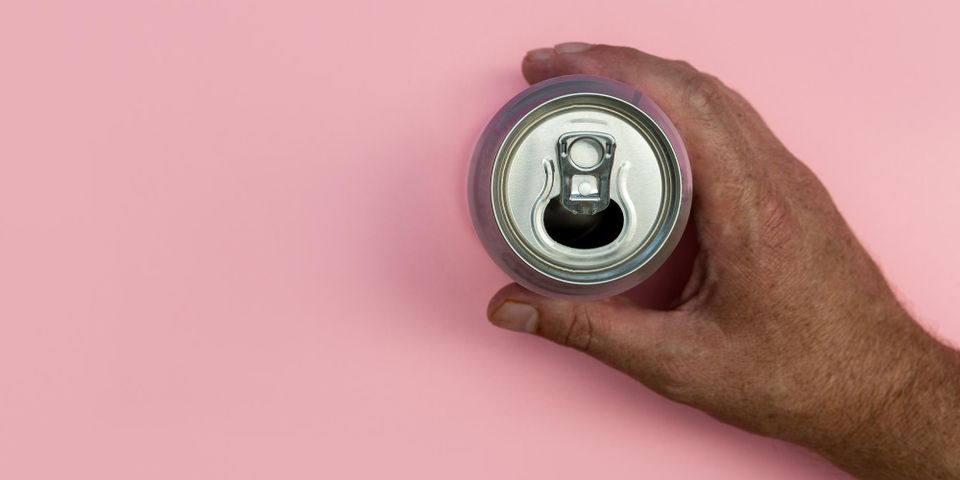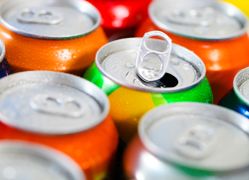How Beverage Cans Have Changed Over the Years

Aluminum cans are an extremely popular way to package and sell beer, soda, and other beverages. Recycling aluminum cans is easier than recycling glass bottles. Cans are also easier to transport. Canned beverages also retain their flavor better since they’re not exposed to light. Here’s a brief history of beverage cans.
The Evolution of Aluminum Cans
Early Cans
Beverage manufacturers had the idea to put beer and other drinks in cans as early as 1810. However, the process of canning beverages was delayed because tin cans weren’t strong enough to hold beer, which exerts around 80 pounds of pressure per square inch. In 1923, the American Can Company was finally able to manufacture cans that withstood this pressure. The market welcomed their first run with much fanfare.
However, early beverage containers weren’t ideal. Early beer cans were very heavy. They were first made of tin, then steel, and then a blend of tin and steel with aluminum sides.
The pull tab wasn’t invented until later. To open early beverage cans, you needed a church key to pierce the tops. During World War II, can manufacturing stopped to preserve metal, which stalled progress. In 1965, the pull tab was invented, and canned beer sales surpassed bottle sales for the first time in 1969.
 Cans Today
Cans Today
Worldwide production of aluminum cans is growing, and the beverage industry is the largest user of aluminum in the world. Aluminum cans are the most sustainable beverage package by virtually every measure. They have a higher recycling rate, and you can transport more units per shipment, reducing carbon emissions. Because recycling aluminum cans over and over again is possible, unlike glass or plastic, switching from bottles to aluminum is a highly sustainable practice.
When your aluminum cans are empty, recycle them at David Hirschberg Steel & Recycling Center in Cincinnati, OH. They’ve been serving the Tri-State area for over 100 years. They pay cash for aluminum, scrap metal, copper, insulated wire, and more. Visit their website to see a full list of the materials they accept, or call (513) 821-0514 to learn more today.
About the Business
Have a question? Ask the experts!
Send your question

